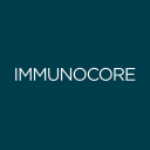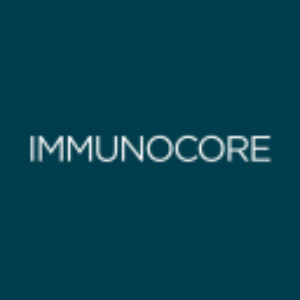Welcome to our dedicated page for Immunocore Holdings Plc news (Ticker: IMCR), a resource for investors and traders seeking the latest updates and insights on Immunocore Holdings Plc stock.
Immunocore Holdings Plc (IMCR) delivers pioneering T cell receptor therapies through its ImmTAX platform, targeting complex diseases in oncology and immunology. This dedicated news hub provides investors and industry observers with essential updates on the company's scientific advancements and corporate developments.
Access authoritative reporting on clinical trial progress, regulatory milestones, and strategic partnerships shaping Immunocore's position in biotherapeutics. The curated collection includes verified press releases covering drug candidate evaluations, financial disclosures, and technology innovations like the KIMMTRAK therapy for metastatic uveal melanoma.
Key content categories include updates on immuno-oncology research, infectious disease programs, and autoimmune treatment pipelines. Users will find analysis-neutral reporting on FDA interactions, collaborative research initiatives, and quarterly performance metrics essential for informed decision-making.
Bookmark this page for streamlined access to Immunocore's latest verified developments. Check regularly for real-time updates on groundbreaking TCR-based therapies and their impact on global healthcare solutions.


